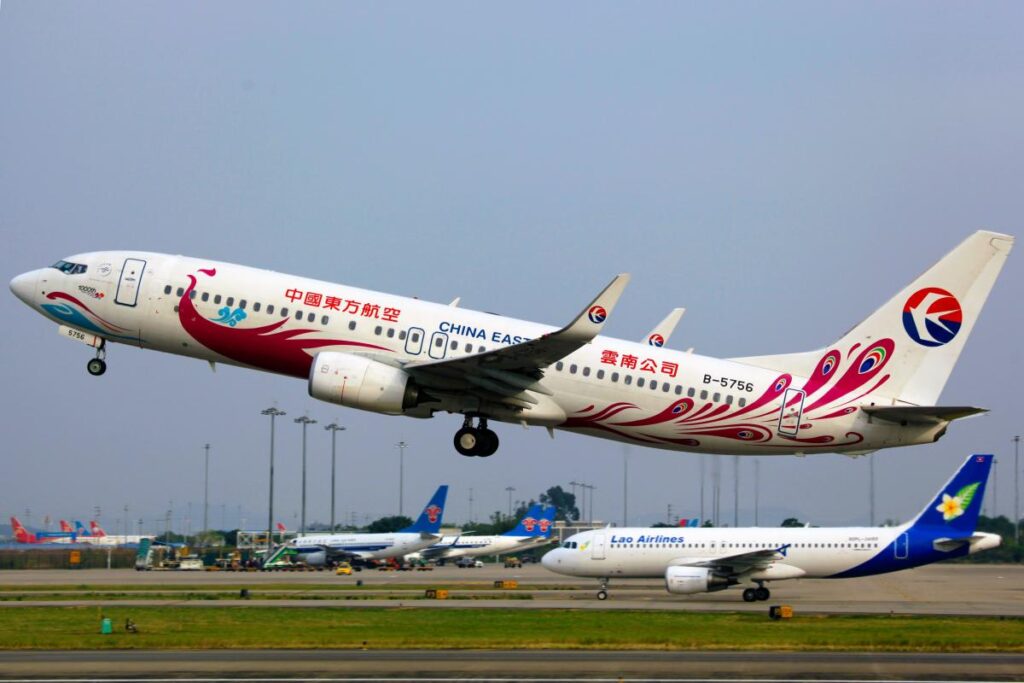The news
Chinese authorities this week announced they will focus more on sustainable aviation fuels, opening the country’s first center for industrial research and regulation, with the company aiming to become a global market leader.
China’s aviation emissions are about half those of the US, but would “quadruple“by 2050 in a scenario where the average distance passengers travel continues to rise, Carbon Brief reported in 2020.
SIGNALS
China’s comprehensive strategy could boost the industry
Airlines have been slow to transition away from fossil fuels due to high costs and limited raw material and product support. But a clear national strategy of China, which has so far lagged behind the U.S. and Europe in setting mandates for greener sources of jet fuel, could provide a boost to global efforts, Cathay Pacific’s sustainability chief told Bloomberg. A comprehensive goal to only 1% of aviation fuel sustainable could be enough to get the industry moving, an energy researcher told Dialogue Earth in 2023, with additional costs (SAFs are two to six times more expensive than fossil fuels) covered by higher ticket prices on popular routes or business class travel.
But sustainable aviation may not exist at all
Despite all the fuss, SAFs are not a “magic bullet,” a group of climate experts argued in The Conversation: they rely heavily on biofuels, which require such significant amounts of renewable energy and biomass to produce that other industries undergoing a green transition risk losing those resources. SAFs may also not be carbon neutral, as their production requires emissions-intensive machinery, fertilizers and technology, and the widespread destruction of rainforests to grow crops, the experts say. Ultimately, science suggests there really is “no such thing” as sustainable aviationone economist told the BBC, adding that while “politically and socially unacceptable”, the best solution is to reduce demand for flights globally and increase taxes on the aviation industry.

